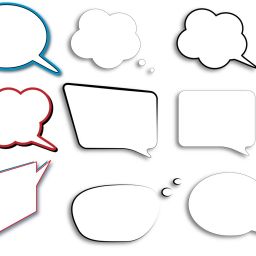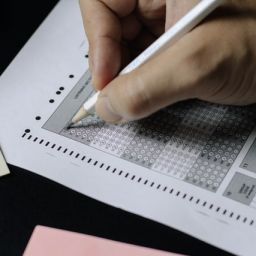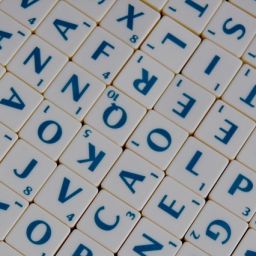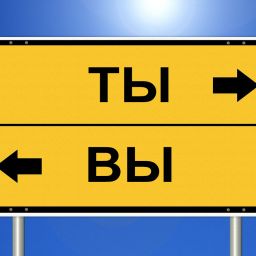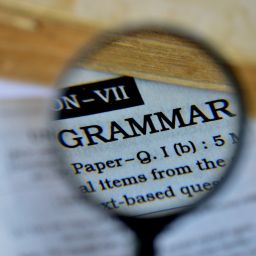Russian Residence Permit Exam – There are two types of these exams:
Permanent residence permit
Temporary residence permit
The exam consists of three parts: the Russian history, the Russian law and the Russian language.
History of Russia
This part has 25 questions – 20 multiple choice and 5 open-ended. You should learn basic information about Russian history. Questions can be about important dates, what the flag looks like, who the president is, who the first president was. The other type of questions is more culture-related, for example about the USSR.
Basics of the Russian law
This part has two types of questions: 20 multiple choice and 5 open-ended. As the test has the focus on people who will be living in Russia, questions are related to the rights of foreigners in the Russian Federation. For example, how long they can stay in the country, the Russian constitution, migration – which documents they need, the deadlines.
The Russian language test is A1+.
Vocabulary / Grammar: 25 questions
Reading: 2 texts, questions about these texts
Writing: fill in the form – your data, name, country of origin, where you live, phone, address, education, job, spouse, children, how old they are.
Listening: announcements 10 questions, situations at the airport, station, etc.
Speaking: 2 tasks
1st task: They can ask questions about you, where you come from, your age, how long you learn Russian, why you learn Russian, in which town you live, what the weather is like in your country, travelling, where you were in Russia
2nd task: Situation – you are invited to visit someone, but something came up and you can’t, you need to call to postpone
Topics are:
talking about you and your family,
describing the city you live in
describing your hometown
talking about your job
describing people – your friend, parents, relatives
buying tickets (theatre, cinema, metro, train, bus, plane)
the weather in the city where you live or where you lived
how you celebrate your birthday and other holidays
sport
languages (reasons why you learn a language, how to learn a language effectively, languages you speak)
situations (asking if a person gets off the bus, how to go somewhere, at the doctor’s office, scheduling an appointment, explaining what hurts)
Grammar you need: cases, adjectives and nouns, verbs (mainly imperfective) in the past, present and future tense.
If you want to prepare for this exam with me, I will be glad to help you 🙂


